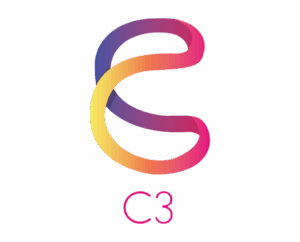
ICT C3 (Computer Competency Certification) is a core ICT programme introduced in Malta from Year 7 to Year 11. ICT C3 is designed to empower students with essential digital skills and knowledge for the 21st century, fostering creativity, critical thinking, and problem-solving abilities. Throughout these five years of compulsory education, learners will explore various aspects of Information and Communication Technology, such as computer systems, digital tools, online safety, digital ethics, and emerging technologies. The curriculum also emphasizes teaching the foundations of coding in an applied manner through engaging activities such as robotics, game development, and more. By adopting a blended learning approach and mixed assessment methods, the subject promotes responsible technology use, collaboration, communication, and adaptability. Students will develop a strong foundation in ICT, preparing them for future academic and professional endeavours in an increasingly digital world.
The assessment procedure of the ICT C3 is based both on practical, hands-on coursework and a final summative written examination for each year, during Year 7 to Year 11. There is one coursework which carries a weighting of 40% of the yearly score and a summative, written examination which carries a weighting of 60%. These will form the total, global yearly mark. At the end of the five-year programme, the final, global score is based by applying a 21% for each year between Year 7 and Year 10 and 16% for Year 11. The programmed is accredited by the Malta Qualifications Framework (MQF) and based on the total marks for each year, the following grade/level is obtained:
- Final global mark >= 87 : MQF Level 3 Grade A
- Final global mark >= 76 : MQF Level 3 Grade B
- Final global mark >= 66 : MQF Level 3 Grade C
- Final global mark >= 56 : MQF Level 2 Grade D
- Final global mark >= 46 : MQF Level 2 Grade E
- Final global mark >= 36 : MQF Level 1 Grade F
Contact us
By email on: c3@ilearn.edu.mt